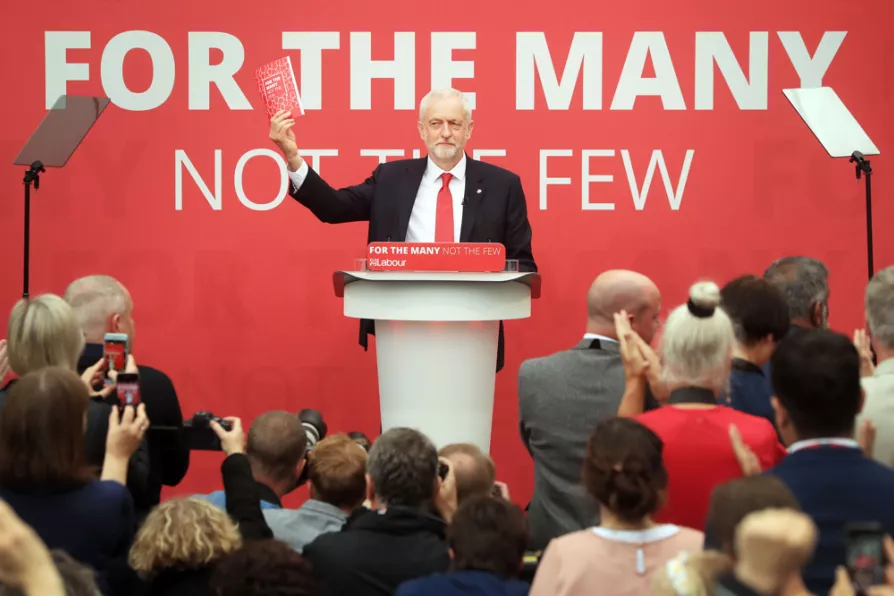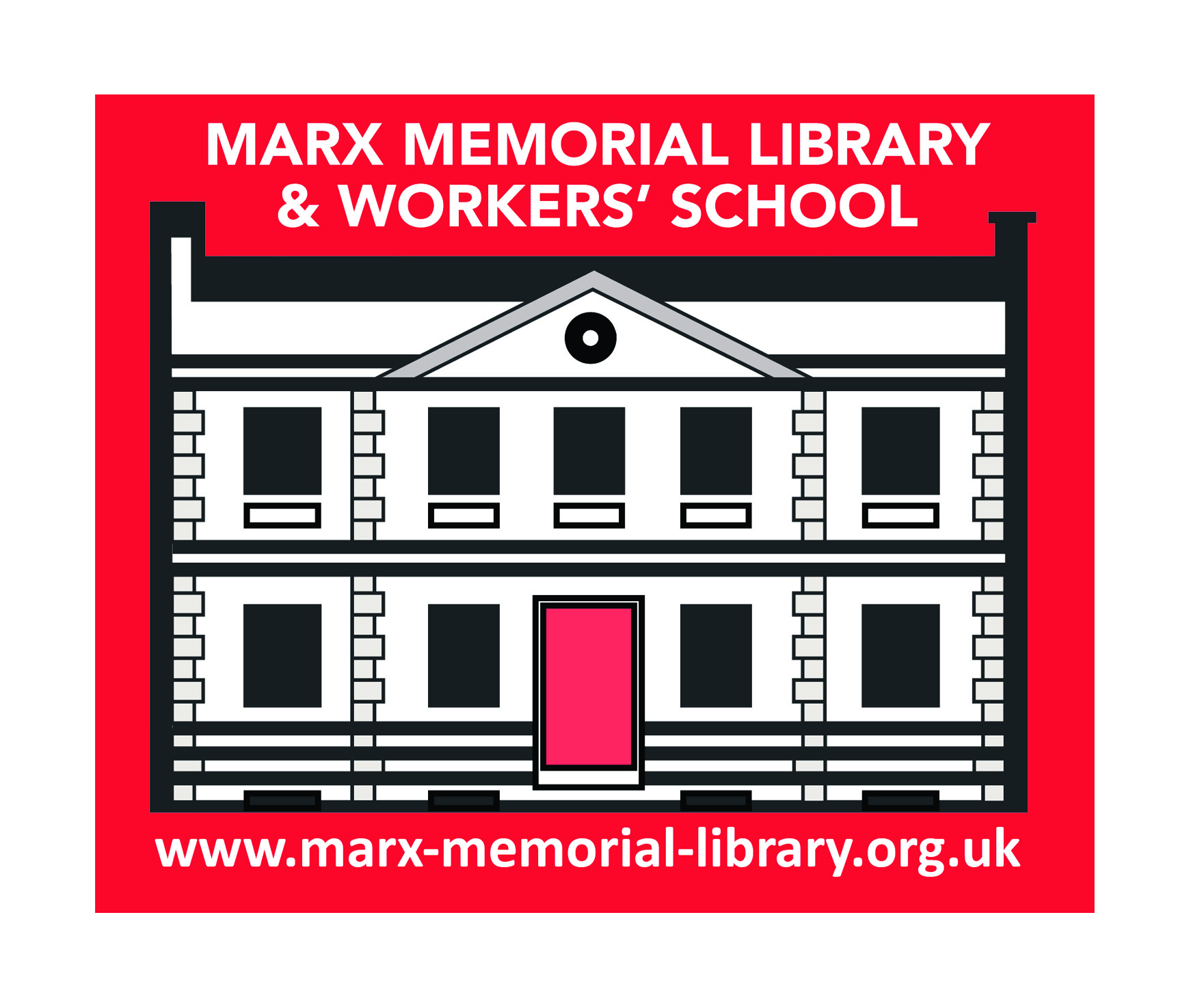ALEX HALL interviews PAUL HOLDEN, whose bombshell book uses leaked documents to expose how the Starmer faction used systematic dishonesty to seize power and reopen the door to the corrupting ecosystem of corporate lobbying and sleaze

 Jeremy Corbyn at the launch in Bradford of the Labour Party manifesto for the general election in May 2017
Jeremy Corbyn at the launch in Bradford of the Labour Party manifesto for the general election in May 2017
THERE are two good questions here. Let’s start by examining where the phrase “for the many, not the few” comes from. It’s become more prominent – indeed, a slogan for the Labour Party – since Jeremy Corbyn’s election as its leader in September 2015.
But the origins of the phrase go back at least two centuries to the poet Percy Bysshe Shelley’s The Masque of Anarchy, written in 1819 following the Peterloo Massacre on August 16, when mounted cavalry with drawn sabres charged a demonstration of some 80,000 people in St Peter’s Field, Manchester, who had gathered to demand the vote. Fifteen people were killed and some 700 were injured.
The Masque (or Mask) of Anarchy is a long poem but worth reading. The final stanza (read by Corbyn to almost 120,000 people at the Glastonbury Festival in 2017) goes:
“Rise like Lions after slumber
In unvanquishable number,
Shake your chains to earth like dew
Which in sleep had fallen on you -
Ye are many - they are few.”
But the phrase “for the many, not the few” was not adopted by Corbyn. Its use as a slogan is perfectly legitimate as it has formed part of the Labour Party’s constitution since 1995, when it was introduced in much less auspicious circumstances.
The Labour Party’s first constitution, in 1918 – a century after Shelly’s Mask of Anarchy – set out the party’s aims and core values.

In the run-up to the Communist Party congress in November ROB GRIFFITHS outlines a few ideas regarding its participation in the elections of May 2026














